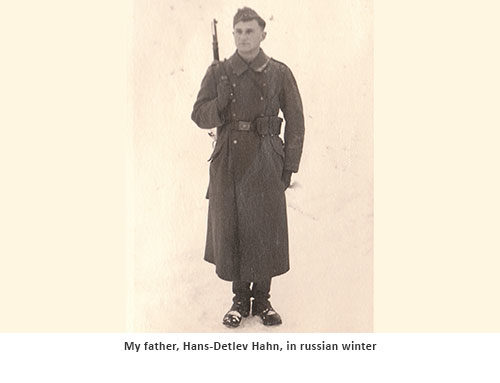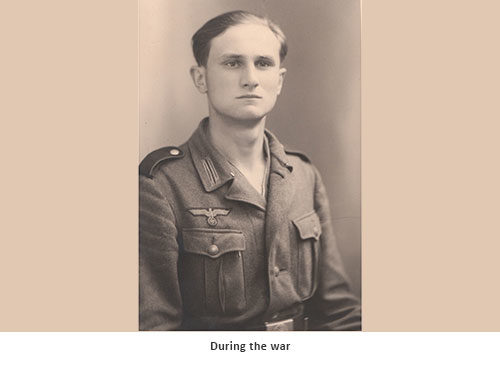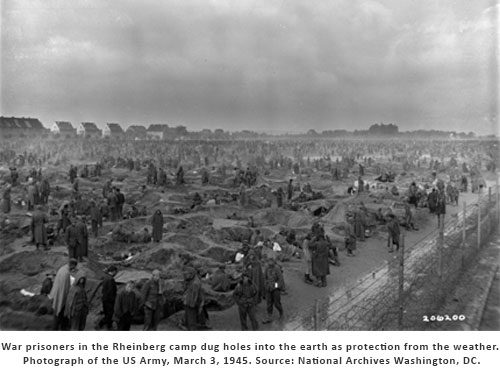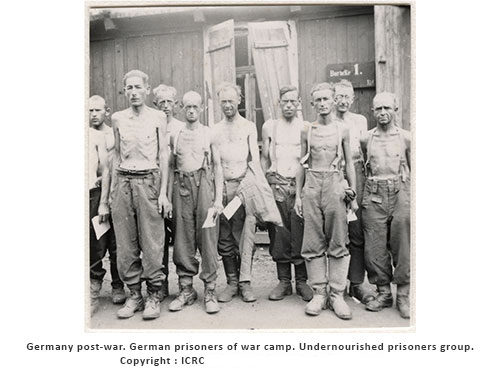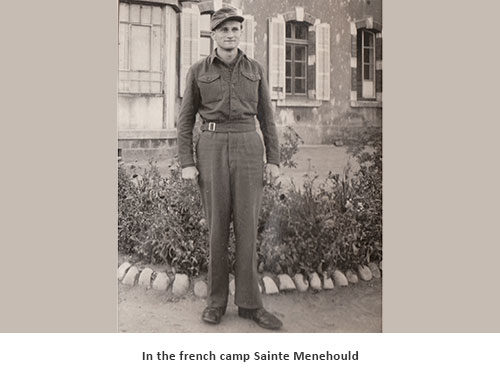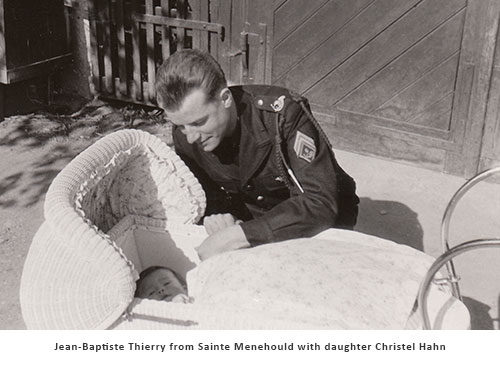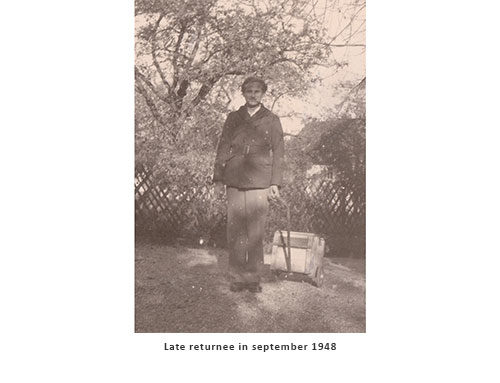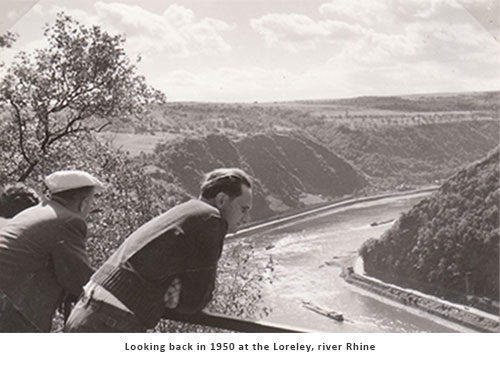Bruni Adler spent her childhood in Engen, attended the high school in Singen and studied social science in Tübingen and Bryn Mawr (USA). She will read from her books: Bevor es zu spät ist – Begegenungen mit der Kriegsgeneration (Before it is too late – Encounters with the War Generation); Geteilte Erinnerung – Polen, Deutsche und der Krieg (Divided Memory – Poles, Germans and the War); Zerrissene Leben – Hitler, Stalin und die Folgen (Torn Lifes – Hitler, Stalin and the Consequences).
In these books men and women speak, whose diverse memories found no space in the staged and published opinion on the Second World War. They tell about the suffering and misery of soldiers and civilians whereby stereotypes of perpetrators and victims, heroes and traitors fade.
„The stories told by Bruni Adler point to a terrain, that has not yet been explored. They open a space, where those raise their voice, who have not been able to speak“, says Prof. Jörg Baberowski, Humbold University of Berlin.
Christel Hahn will talk about her father, who served for seven years as a soldier and then spent three years in the prisoners camps at the river Rhine and in France.
Former US officer, Merrit Drucker, learned during his deployment in in Germany of the treatment of the German war prisoners in the Rhine Meadow Camps by the US armed forces. Since his retirement he has been researching these camps and will report on his work and experiences.
During the second part of the evening there will be the opportunity to talk with the speakers. This exchange will be moderated by Ina Lindauer of the german-swiss initiative Kriegsenkel Bodensee (Grandchildren of War at the Lake of Constance).
25. January 2017, 19:30
Bürgerzentrum Linde, Tengen-Büsslingen
